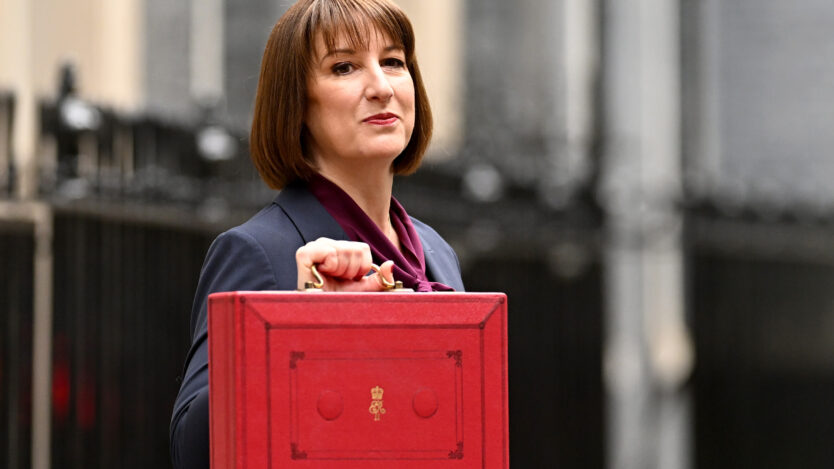The Budget announcement outlines several relevant changes that could impact club finances, employee costs, and taxation.
Following the 2024 Budget, we have put together some brief guidelines and are working with our Finance Partners, Tee to Green, to provide some more detailed information which will be published to members shortly:
Employee National Insurance (NI) Contributions
Starting in April, clubs will need to pay NI on employee earnings above £5,000 (down from £9,100), with an increased rate of 15% from the current 13.8%. This change could increase employment costs significantly, particularly for clubs with higher numbers of lower-wage or part-time staff. However, the rise in the Employment Allowance from £5,000 to £10,500 provides some relief by offsetting these NI contributions for many small-to-medium-sized employers.
Minimum Wage Increase
With the minimum wage for over-21s increasing to £12.21 per hour (and to £10 per hour for 18 to 20-year-olds), clubs may face higher payroll expenses. This will impact budgeting for clubs employing entry-level or seasonal workers, as well as many roles in hospitality and greenkeeping.
Capital Gains Tax Increase
The capital gains tax (CGT) rate for share sales is set to rise from up to 20% to 24%. This could be relevant if a club has investments in shares or other taxable assets, as the increase in CGT may reduce net returns on any asset sales. Clubs should consider reviewing their investment portfolios or timing of asset disposals to manage tax liabilities.
Fuel Duty and Transport
The budget extends the 5p fuel duty cut on petrol and diesel for another year, which may help control costs for clubs with fuel-dependent operations, such as grounds maintenance vehicles. Additionally, for clubs in more remote areas or those relying on accessible transport for members, any changes in local transit initiatives could be beneficial.
These adjustments, particularly around NI and minimum wage increases, suggest golf clubs will need to revisit staffing costs and tax obligations to adjust for the increased expenses starting in 2025.



